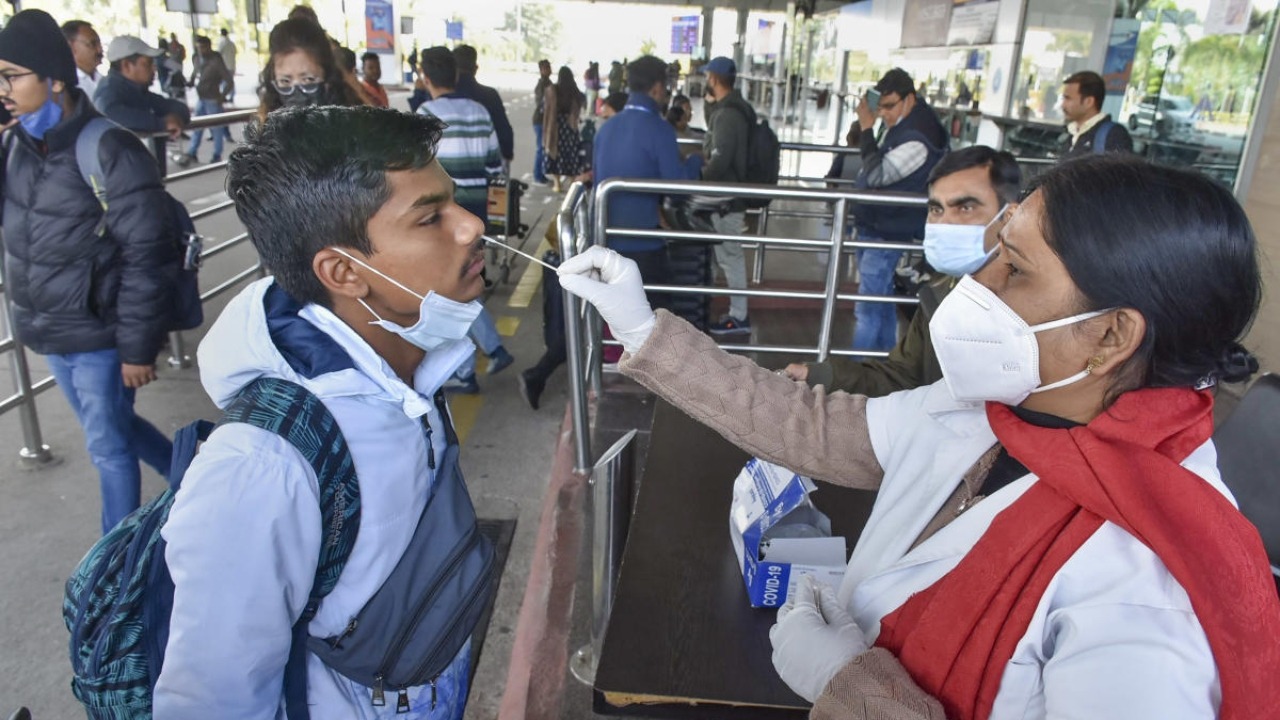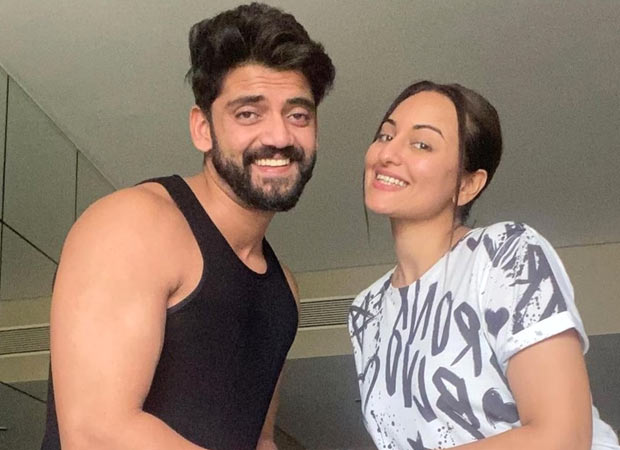In today’s world, directing 18 films in 18 years, let alone in many languages, is a significant accomplishment. Jeethu Joseph, the director of Mirage and Drishyam, has rarely failed.
My memories of picking my brain off the floor after viewing the climax of the whodunit murder mystery Detective (2007) remain clear in my mind. Not only did the identity of the murderer feel unique and out of the box, but the movie also demonstrated the latent potential of locked-room/impossible crime mysteries, which were uncommon in Malayalam film at the time. The director’s name, however, was unfamiliar, but it easily engraved itself into the hearts of Malayalees. Since then, fans have always searched for films directed by Jeethu Joseph, a name that has recently become a brand in its own right, ensuring a certain level of excellence in films. Now, he is preparing for the debut of his 19th directorial attempt, Mirage, a thriller starring Asif Ali and Aparna Balamurali, and moviegoers are naturally excited.
In today’s world, directing 18 films in 18 years, let alone in many languages, is a significant accomplishment. What makes this accomplishment even more remarkable is that he has rarely tasted failure. Although he has made films in other genres, thrillers have been his specialty, and writing scary and nail-biting scripts is his superpower. The Drishyam franchise, led by Mohanlal, is one example of this. However, Jeethu’s career exhibits the “curse of the masterpiece,” in which one’s most recognized work impedes their progress since people are hesitant to embrace or discuss them or their other achievements.
Although he could easily accept it and live off of Drishyam’s legacy indefinitely, Jeethu has consistently stated that this is not his goal. While this is evident in his non-franchise thrillers, he has also attempted to make the same point in other genres. What holds him back is his inexperience as a director, as he has yet to master the visual language. In other words, if Jeethu had been even half as good a director as he is a screenwriter, he would have been able to break free from the shackles of his masterpiece by now.
Jeethu Joseph has demonstrated throughout his career that he is unconcerned with his success or a specific genre. Despite Detective’s mild success and requests to make something similar, he chose to shoot a diametrically different film next: Mummy & Me, a family drama starring Urvashi and Archana Jose Kavi.
Interestingly, Jeethu previously revealed that his buddies urged him against creating a film with a female lead. “They told me it was female-oriented and wouldn’t work, but I went ahead regardless. Detective was a walk in the park compared to Mummy & Me. But I wanted to do a different picture,” he told The Hindu in 2014, explaining why he went forward with it despite having the one-liner for Memories already written.
Jeethu’s resolve to follow his heart paid off again, as Mummy & Me became a smash. In contrast to Detective, which focused solely on sustaining suspense — including the Rashomon effect and inventing a distinct modus operandi for the crime in question — but failed to create a strong emotional core, Mummy & Me did the reverse. He was not concerned with logic or making the screenplay airtight. Instead, he sought to create only the most emotionally impactful moments imaginable. Given that this was also an age when Malayalam cinema was at its nadir, with the industry generating nothing significant or worthwhile, the picture impressed spectators, owing in large part to Urvashi’s outstanding performance.
Even though Detective and Mummy & Me were diametrically opposed films, they shared one characteristic: a lack of refinement in direction. If Jeethu’s writing had slipped even slightly, both films would have failed totally, as they lacked visual aesthetics and were soap opera-like. Jeethu demonstrated this effectively throughout his voyage. When his writing fell short, his films failed completely, with no respite owing to poor direction. In other words, if Jeethu’s screenplay had been less outstanding or simply average, with no standout scripts to his credit, he would not have been able to survive in the Malayalam industry for as long.
Nonetheless, Jeethu Joseph’s skill and mastery reside in his ability to charm audiences so thoroughly that they ignore his filmmaking constraints, or, better yet, do not care about them at all, having already grabbed their complete attention. He achieved this even in My Boss (2012), a romantic comedy based on Ryan Reynolds and Sandra Bullock’s The Proposal (2009). He did not merely remake the Hollywood film. Instead, he meticulously anchored it in the local grounds, crammed it with humorous one-liners, and ensured that numerous characters interacted in an amusing way. A closer look at the film’s crude camera angles and editing patterns indicates Jeethu’s lack of filmmaking expertise. Despite this, he managed to impress the audience and make My Boss one of the few contemporary films with a high replay value.




